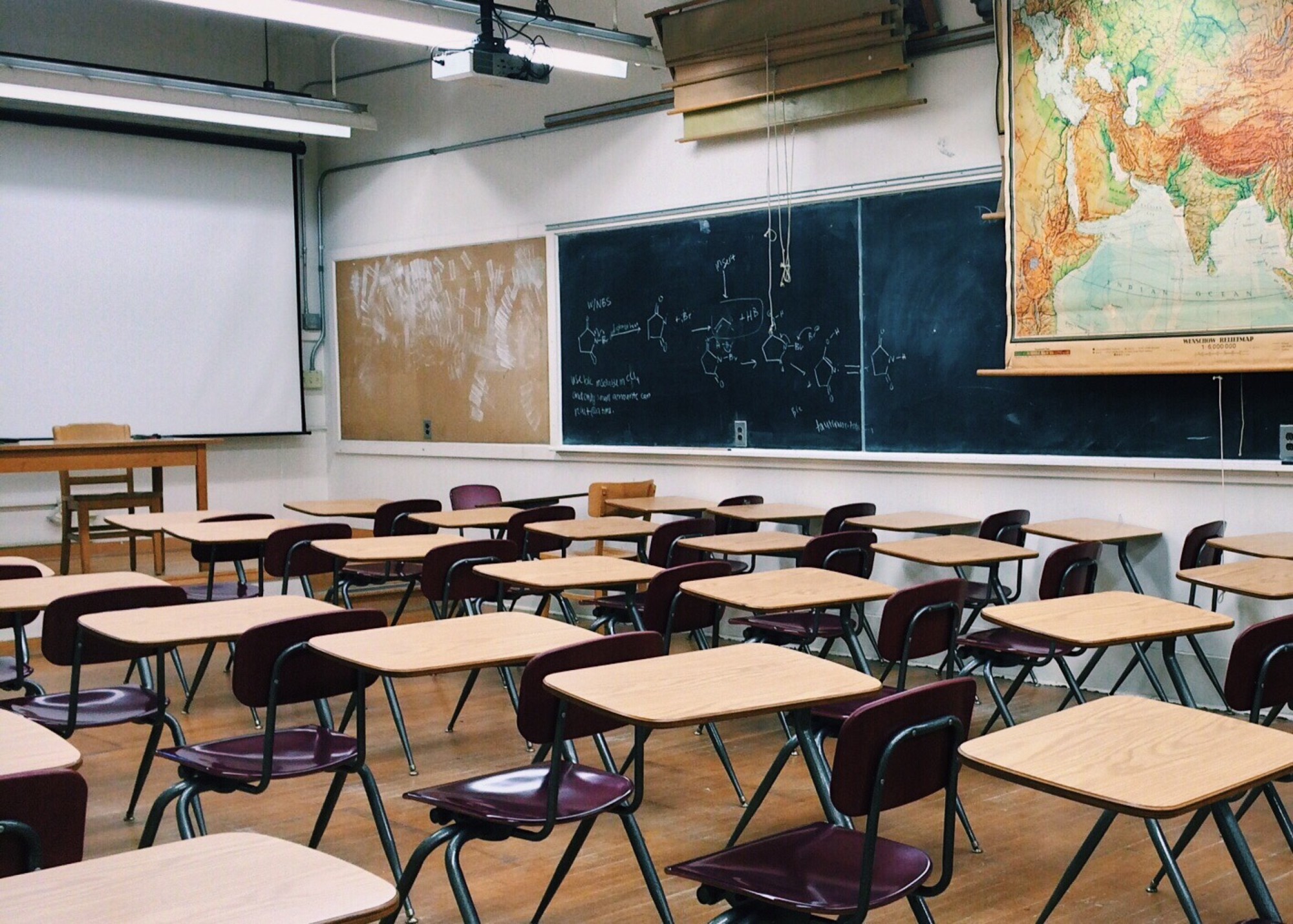Having access to almost everything at the tip of your fingers is a boon. It is amazing to understand what you can find on the Internet, which is the information on almost every little fact or detail.
Whilst that is astonishing and often useful, it is also a bit terrifying. Students must know and understand how to filter information from the Internet that they constantly consume. Though the web is flooded with a lot of useful stuff, it is not free from the content that can adversely impact the young generation.
What has internet done to a student and how not to lose yourself?
The Internet affects human lives greatly. One can wonder ‘how the Internet changed the world?’ While it has facilitated research and helped us connect with individuals from all over the world, its negative consequences cannot be ignored. The content available there has made students its slaves to the extent that “Google it” has become the most popular response to any query. Someone has rightly cracked the joke, “Thank Wikipedia and Google for our degrees” and this is not far from reality! So in order not to lose yourself in such a fast-moving world and use only the needed information, here are some suggestions that might be helpful.
Which information to trust?
Digital era has got its own perks and flaws. With the internet taking over the market, innumerable sites offer plenty of information to everyone, which often leads to a dilemma as to whether the information one has found can be trusted or not. The students can follow a simple methodology to be able to analyze the content better. Here’s a suggestion that can help you decide if the data is reliable or not:
Use a plagiarism checker tool:
One of the positive things the Internet has provided us with is different online tools that help a student write a better paper and do deeper researches. One of such useful apps is online plagiarism checker. However, some students think of it as an easy escape from directly copying someone else’s work, which is extremely unfair for the original author. But the internet has also powered the educators with online tools like plagiarism checker to see the extent of plagiarism in the content submitted. You may even find the best free plagiarism checker. If you are a student who needs access to a plagiarism tool before submitting your assignments, free online plagiarism checker with percentage is available as well.
Learn to filter:
The idea is to filter out and eliminate the information that doesn’t suit the needs correctly. Here, the approach should be as follows – what is important to know for the relevance of the subject instead of what is better to know! Students generally get carried away with the facts and information they find online and end up wasting their time.
Focus on your needs:
This is very essential to follow for the students, especially when it comes to preparing the papers and writing assignments or essays. The focus needs to be on covering up the most precise information possible within the requirements of the task. One should look for, use and cite different scientific articles based on the experts’ investigations. It is forbidden to rely on marketing texts, blogs, etc. The only way through is to filter information properly to avoid losing yourself during the process of investigation.
Are we using our knowledge to full potential?
A few specialists propose that such simple access to all the data put away on the World Wide Web is shortening students’ abilities to focus conceivably aggravating their memory. It may even make individuals less sympathetic since they’re surrounded by artificial screens.
Surfing the web can make students increasingly insightful, and it also encourages them to become progressively mindful of others’ perspectives. However, the key lies in knowing how to filter information and read only those articles that are helpful.
Innovation has reshaped the thinking pattern:
Scientists still discuss how the Internet is changing the way we think. On the account of such developments as cell phones, tablets, and Internet-based apps, the innovation will probably keep reshaping the manner in which individuals communicate, feel, and think. The Internet has, without a doubt, affected people’s regular day-to-day existence, especially for the students who are in constant touch with it.
Such developments have not only positive but also negative effects. People now prefer to sit at home watching to their screen rather than going for a walk, relaxing outside or meeting with friends. It is easier for them to take your cellphone and order products from the nearest store, write up a message rather than have a real-life conversation or watch an adventure movie rather than participate in the adventures with our friends or family.
Conclusion:
Still, everyone has his or her own explanation of how the Internet changed the world. Without any doubt, its evolution has revolutionized the way people learn and behave. More specifically, it has changed how they think and create. And the most important thing now is to try to filter all the inappropriate information, be yourself and remember about real-life activities that are far more appealing than the existence near the screens.
Read Also:






















